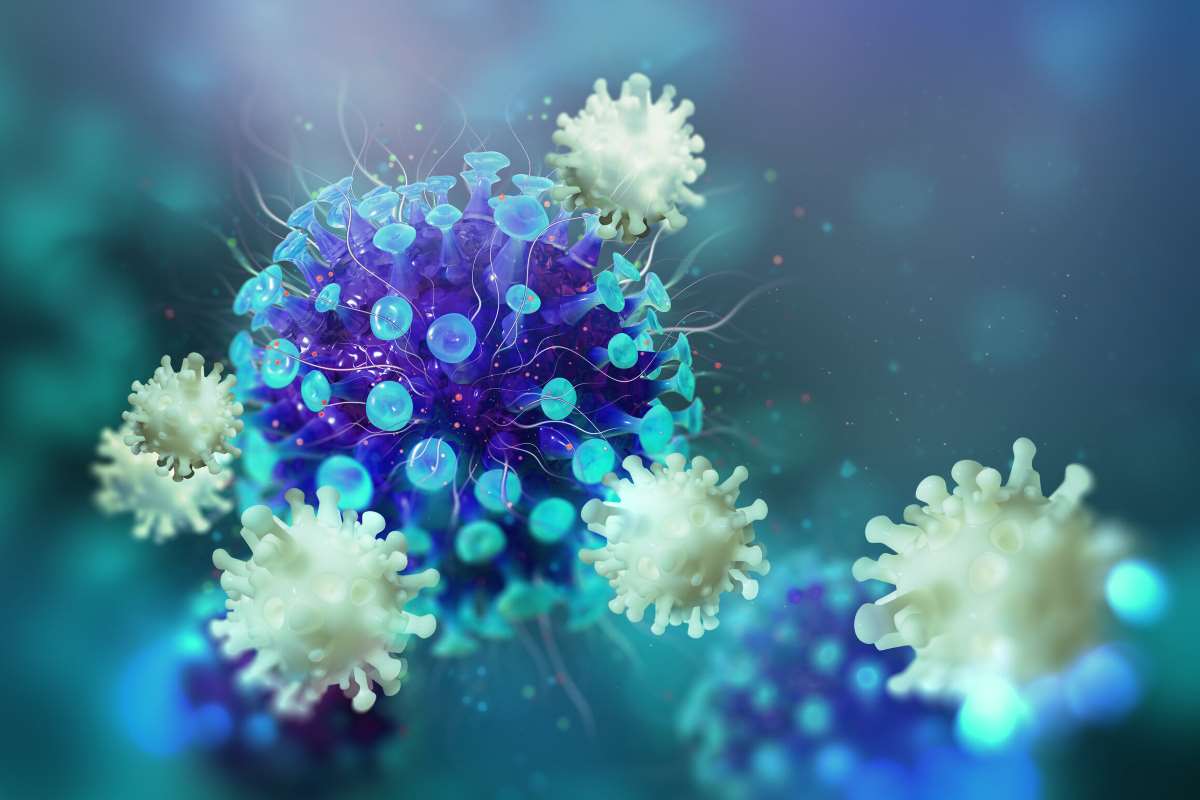
Eradivir has developed a small molecule technology that tethers immune cells to diseased cells, with the potential to treat multiple viral diseases and cancers.
Eradivir “MiniBITs” are small bispecific molecules that engage both a cytotoxic immune cell and a virus/virus-infected or cancer cell. Upon bridging between the two cell types, the immune cell is activated to kill the pathological cell. The company is currently developing ligands that bind with high specificity to both pathogenic cells and cytotoxic immune cells.
With a toolkit of these small miniBIT molecules, Eradivir intends to treat and potentially cure influenza, multiple coronaviruses, hepatitis B, HIV, and various cancers without damaging a patient’s healthy cells.
Additional indications beyond viruses and cancer include any disease or condition where killing an aberrant cell or pathogen is desired. Some examples include: Fibrosis producing cells; Bacteria infected cells and free bacteria; Fungal infections; Misbehaving immune cells (e.g., MDSCs); Adipocytes; Endometriosis tissue; and Thyroid tissue in Graves disease.
Eradivir’s technology is based on research conducted by Dr. Philip Low’s lab at Purdue University and is one of seven of his companies. His initial company Endocyte sold to Novartis for $2.1B and his second company, On Target, which he co-founded with Eradivir’s current CEO, Marty Low, has one drug that has been filed with the FDA for approval (NDA) and another in Phase 3 clinical trials.
